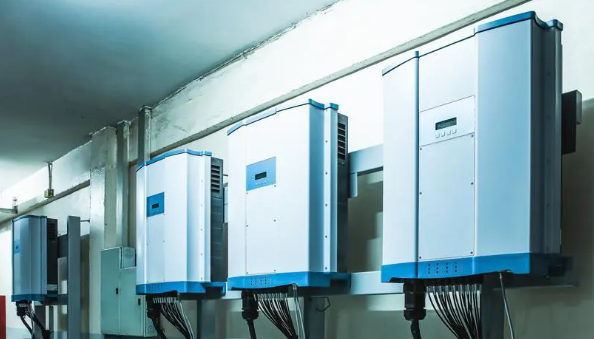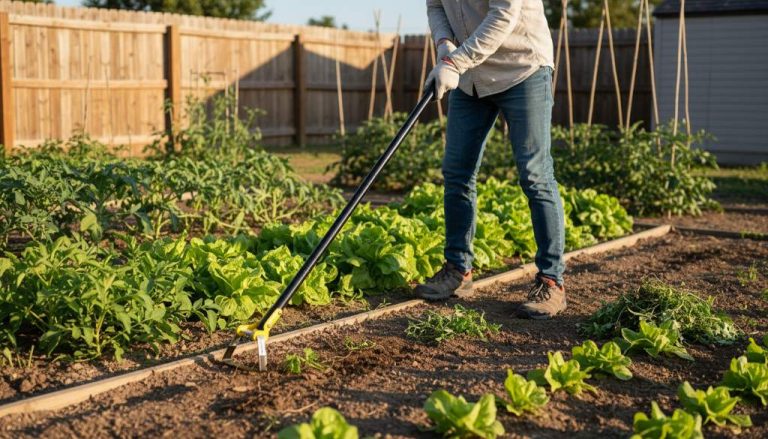With the rise in householders investing in renewable energy to save money and help the environment, those considering solar panels may also want to install a solar battery. But what exactly does it do?

Storage Power
Solar panels are a great way to generate clean energy and reduce your bills. But a solar battery takes it one step further, allowing you to store any excess energy you create and use it at a time that suits you.
If you have space for a large solar system in your home, you are likely to generate more power than you need during the day. Without a solar battery, this excess goes back to the National Grid to power other properties.
Those without solar panels can also benefit from a solar battery, as you can store electricity from the National Grid to use in the case of a power cut. According to The Telegraph, about 95% of households who have a home battery use solar panels.
How do they work?
Sunlight is converted into direct current (DC) electricity by solar panels. This then goes through an inverter to turn it into alternating current (AC) to power appliances in your home.
As solar panels only generate electricity during daylight hours, it means that you have to get it from the National Grid after dark. But with a solar battery, most of which are made from lithium-ion, a reaction occurs that converts chemical energy into electrical energy. Other types of battery include lead-acid ones, which are cheaper but have a shorter lifespan and don’t have such a high Depth of Discharge (the percentage of the battery that can be used before it needs recharging).
Solar panel installers can give advice on which sort of solar battery is suitable for your system. If you are looking for solar panels Gloucester, there are a variety of specialist providers such as https://gsmlimited.com/services/solar-panels/gloucester.

What size battery?
You need to think about the size of your solar system and your energy usage before deciding what kWh size battery to install. The average three-bedroom home requires an 8kWH battery.









